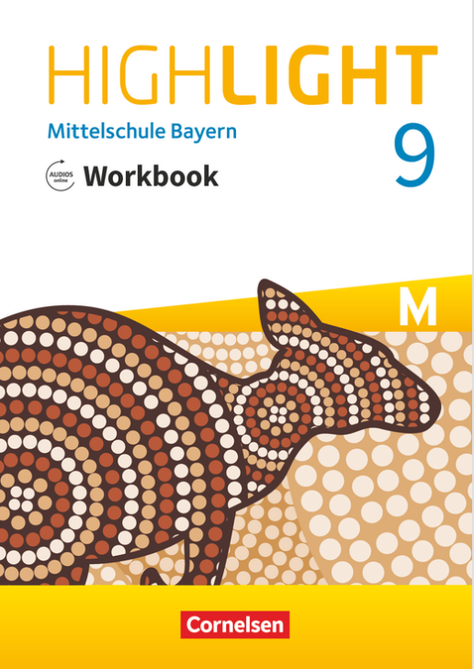Use the simple past!
Parts of a story
Eine Geschichte ist auf eine bestimmte Art und Weise aufgebaut.
Heading/Überschrift
Du schreibst die Überschrift zum Schluss - außer sie ist vorgegeben!
Who?
Where?
Introduction/Einführung
Set the scene and introduce the main character.
Führe den Ort der Handlung und die Hauptperson ein.
Main Part/Hauptteil
Tell your story.
Make short sentences.
Use direct speech and adjectives.
Link the parts of your story.
Verbinde die Teile deiner Geschichte.
What happens?
Why?
When?
Use
time phrases.
Use
linking words.
Conclusion/Schluss
Find a nice ending.
Finde einen guten Schluss.
https://editor.mnweg.org/montessorischule-kaufering/dokument/writing-a-story
Words and phrases for your story
Introduction
Good phrases to start a story:
Once upon a time there was ...
It all started on a night when ...
Every day …
To begin with …
Linking words
as a result - infolgedessen/als Ergebnis
because (of) - weil (because) / wegen (because of)
furthermore - ferner/außerdem
in addition - zusätzlich/darüber hinaus
in contrast - im Gegensatz
moreover - zudem/darüber hinaus
otherwise - andernfalls/sonst
so that - damit
therefore - daher/deshalb/also
whereas - wohingegen/während
while - während
when - wenn/als
Time phrases
a few hours later - einige Stunden später
after - nach/nachdem
atfer that - danach
at the weekend - am Wochenende
at 8 o'clock - um 8 Uhr
during the day - tagsüber
finally - endlich/schließlich
in the night - in der Nacht
last week - letzte Woche
Later - Später
meanwhile - in der Zwischenzeit/währenddessen
next - nächste/r/s
once - einmal
then - dann
often - oft
suddenly - plötzlich
since - seit/seitdem
Conclusion
Until finally … - Bis letztendlich
Lastly … - Zuletzt/Schließlich
In the end … - Am Ende
After all … - Nach allem/Am Ende
https://editor.mnweg.org/montessorischule-kaufering/dokument/writing-a-story
Note the Englisch word and the German translation.
https://editor.mnweg.org/montessorischule-kaufering/dokument/writing-a-story
Writing your own story
In der Prüfung können ganz unterschiedliche Aufgaben zum Storywriting drankommen.
Beliebte Aufgabenformate sind, u.a.:
eine Bildergeschichte
eine Geschichte zu einem Bild - mit oder ohne key words, die du verwenden musst
key word story - alle Wörter müssen in deiner Geschichte vorkommen!
ein Tagebucheintrag
Wähle eine der beiden folgenden Geschichten aus, schreibe eine Geschichte mit ca. 100 Worten und gib sie ab.
Year 10 students:
Use a workbook of your fellow year 9 students or ask your teacher for one.
You can write a picture story or a picture and prompt story.
a) Picture story
Look at your workbook on page 36.
The Heading and the first sentence are given, so copy them.
Plan your story. Use the storyplan on the next page.
b) Picture and prompts story
Look at your workbook on page 58.
The Heading and the first sentence are given, so copy them.
Plan your story. Use the storyplan on the next page.

https://editor.mnweg.org/montessorischule-kaufering/dokument/writing-a-story
Plan your story - Schreibplan
Plane deine story, indem du dir vorher ein paar Notizen machst:
Introduction:
Who?
Where?
Main part: ! simple past !
What happened?
When?
Why?
Chose some good phrases/linking words.
Conclusion:
How can you end your story?
Write down a good final sentence.
https://editor.mnweg.org/montessorischule-kaufering/dokument/writing-a-story
https://editor.mnweg.org/montessorischule-kaufering/dokument/writing-a-story


